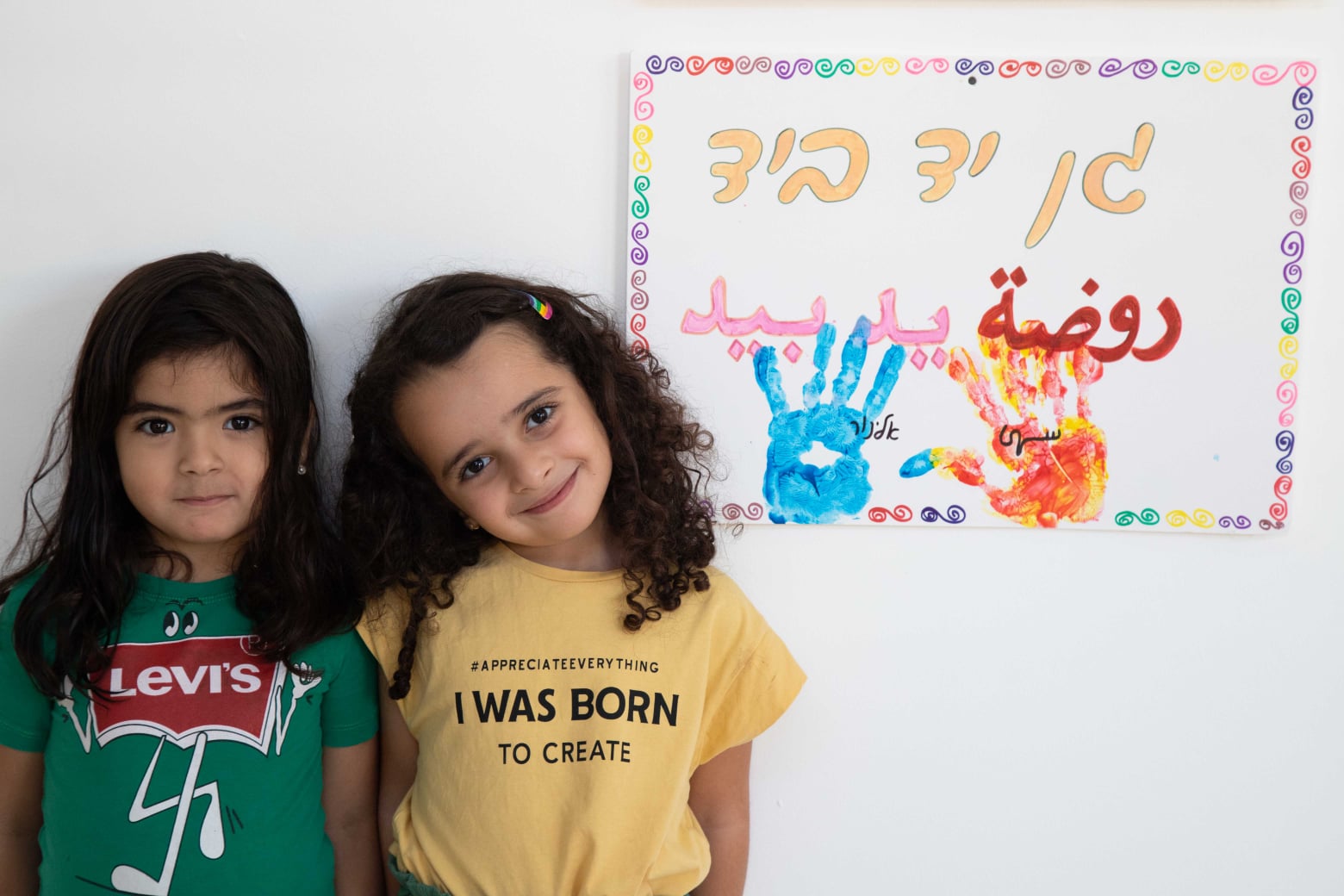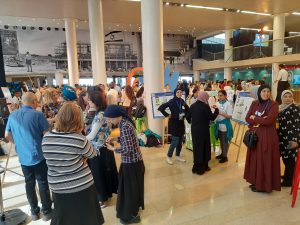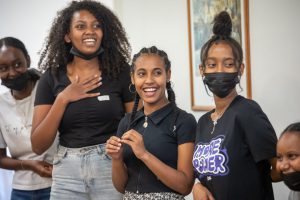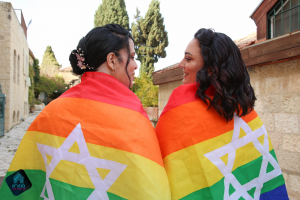Reduced Inequalities


Home » Reduced Inequalities » SDG 10- Arab Community Empowerment: from Discourse to Action – Part 2
SDG 10- Arab Community Empowerment: from Discourse to Action – Part 2
Read Part 1
In Part 1 of this update we focused on the brass tacks necessary to advance the economic empowerment of Israel’s Arab community. Here we’d like to zoom in on the thorny issue of shared existence between the country’s Arabs and Jews.
Israel is well known for its plethora of activities seeking to strengthen ties among the country’s various communities. Shared existence grass-roots organizations – initiatives of Israeli Arabs and Jews alike (as well as friends abroad) – alongside government and the private sector, rose to the challenge of the past few months in impressive fashion. Everyone refused to give up.
Hardly a day goes by in which the local media reports on yet another shared existence effort, from inter-community sports to home hospitality. And yet, as stated quite plainly in the annual Strategic Assessment for Israel 2021 report of the Institute for National Security Studies (Tel Aviv University):
“Clashes between Jews and Arabs, mainly in mixed cities, exposed some deep layers of hatred and fear, extreme nationalism, and the difficulties of imposing law and order and governance.” Its recommendation: “Work to improve Jewish-Arab relations – prepare a plan to combat crime and violence in Arab society and to promote education, employment, and construction programs.”


As we already mentioned earlier in this series, the Israel government is accelerating implementation of such recommendations – a process already set in motion in earnest back in 2016. Nevertheless, the best way to quickly eliminate “deep layers of hatred and fear” is far from clear.
Touching on this issue, Haaretz recently published a fascinating article by a behavioral scientist at the Hebrew University of Jerusalem sharing the results of a study – carried out in conjunction with colleagues at Princeton and Columbia universities – that “looked at all 418 of the experiments aimed at reducing prejudice that were conducted around the world over the past dozen years” (according to the author, “a considerable portion of the studies examined were conducted in Israel). Their startling conclusion: “A dozen years’ worth of rigorous research shows these types of prejudice-reduction programs have little effect.”
Wow… So, what can work?
The Haaretz article was written against the background of an earlier report that Israel’s government-budgeted Council for Higher Education “had approved a new framework for training kindergarten and primary school teachers, which for the first time is to take into account education for shared existence and the prevention of racial prejudice.” In this context, the study recommends “integrating teachers from minority groups in senior management of administrative positions in local schools” – adding:
“Instead of our children learning about prejudice from Jewish teachers who were trained to deal with this subject, they will encounter an Arab principal in their school and will, perhaps that way, change their negative stereotype regarding this minority group.”
This makes sense to us. One interesting model in this context, for example, is being implemented by the “Hand-in-Hand” bilingual and multicultural Arab-Jew public school network that fosters shared education and living (and is recognized and overseen by the Education Ministry).
Events of the past few months jolted many from the comfort zone of “hummus coexistence” – a relatively new, deprecatory term in Hebrew permeating the local discourse on shared existence. Despite the challenges, however, we believe that Israel’s Arab and Jewish citizens can forge a cohesive societal fabric while maintaining the beauty of their unique identities.
Judging by the acceleration of activities on the ground – together with the raised level of awareness and determination – there is much room for optimism.
Related articles


SDG 10- The OECD is Calling
Reduced Inequalities Something strange is going on. It seems that almost every time they appear together publicly, the OECD talks about diversity while the Israelis


SDG 10- Probe & Improve – Part 2
Reduced Inequalities Read Part 1 In Part 1 of this series we focused on the status of reducing inequalities (SDG10) in employment particularly as reflected


SDG 10 – LGBT Pride Alive & Well
Reduced Inequalities Are you ready? Tel Aviv certainly is; the rainbow flag is flying throughout the city as pride month begins, and with it the


















